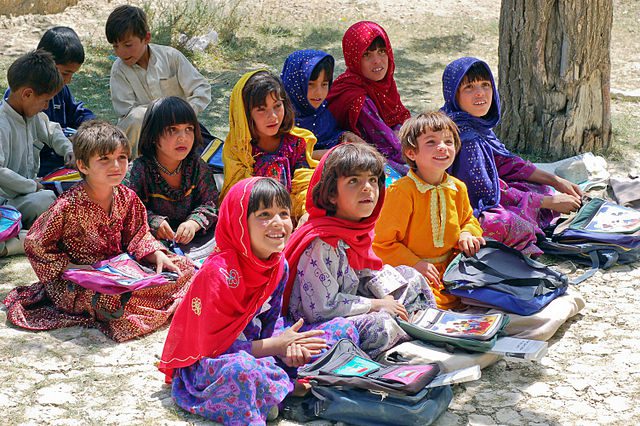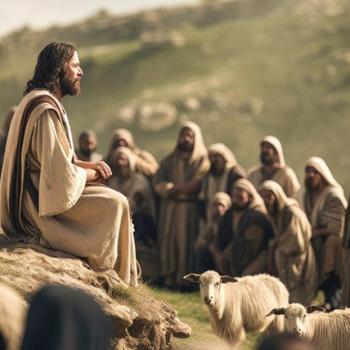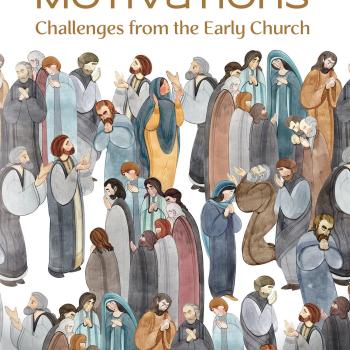Christianity Today’s recent article “Why Missions Experts Are Redefining ‘Unreached People Groups’” highlights the problem with the label “unreached people groups” or “UPGs”. While I’m grateful that it puts in public view what has been a growing conversation in missions circles, I think we can press the questions further.
What is a “people group”?
As the article rightly notes, the traditional definition of a UPG is “one where evangelicals make up less than 2 percent of the population.” The idea behind that definition, refined back in the 1970s, is that a “reached” people group is one in which the church is large enough to sufficiently sustain itself against the pressures of the surrounding culture.

One difficulty with this definition is the meaning of “evangelical.” The term is politically loaded in the United States; yet, with that dynamic aside, “evangelical” seems to be something determined in the eye of the beholder. Certain conservative evangelicals will likely consider other groups insufficiently “evangelical.”
Another term, “unengaged unreached people groups,” refers to “those that are less than 2 percent evangelical and have no existing missionary efforts among them.” In recent years, mission agencies have shifted their focus to this “frontier” work.
The article states,
“missions network Finishing the Task has seen the number of ‘unengaged unreached people groups” [UUPGs] drop from 3,300 in 2005 to about 300 in 2019.'”
However, that figure is dubious and I frankly don’t believe it. I have first-hand knowledge of a major mission agency that reckoned a group “engaged” if a church in the United States merely adopted a plan to reach that “unengaged” group.
A similar concern is echoed by Ralph Winters’ daughter, Rebecca Lewis, herself a missionary and scholar. She states,
While applauding efforts to send workers to new places, Lewis has raised concerns about whether a single worker is enough to consider a group engaged and take it off the list.
In effect, the use of UPG and UUPG language has become a fund-raising ploy as much as a strategic tool.
Definitions Determine Strategy
Another quote raises additional questions.
“We have to ask the question, ‘What sort of task are we trying to finish anyways?’ ” said Dusty Hoffman, global evangelism strategist for the Issachar Initiative and Finishing the Task. “In finishing the task, are we trying to finish the whole Great Commission? Not necessarily. We are trying to finish the task of beginning everywhere. We want to try to get first workers into every people group on the planet
The first question concerns the meaning of the “whole Great Commission.” Sadly, evangelicals have reduced the term to simply mean “evangelism” or making converts. If pressed, I’m certain some mission leaders would deny this charge, but if we examine their priorities and strategies, I think we would see otherwise.
The second question involves the phrase “people group,” a term used in mission circles to referring generally to ethnic groups and the terms ethnos (“nations”), found in Matthew’s “Great Commission” passage (Matt 28:18-20). Scholars have increasingly questioned the correlation. I’ll briefly mention just a few reasons.
1. The linguistic category of “ethnicity” itself is a relatively modern creation. It is questionable that ancient biblical persons used ethnos to mean what we mean by ethnicity.
2. In light of globalization and intermarriage, one must ask what it means to have one ethnicity and not another.
3. Many biblical scholars argue that ethnos, often translated “Gentiles,” merely refers to non-Jews and is not specific to the ethnolinguistic groups demarcated by anthropologists. This is the explicit subject of a chapter, written by Jarvis Williams, in a new book titled World Mission: Theology, Strategy, and Current Issues. The book seeks to integrate biblical theology and global missions.
In response to this language problem, some has suggested we not speak of “people groups,” but rather “communities.”
Much more could be said. I urge us to reflect on the ways that our language and classifications impact our mission strategy, deployment of personnel, and promotion of missions.













